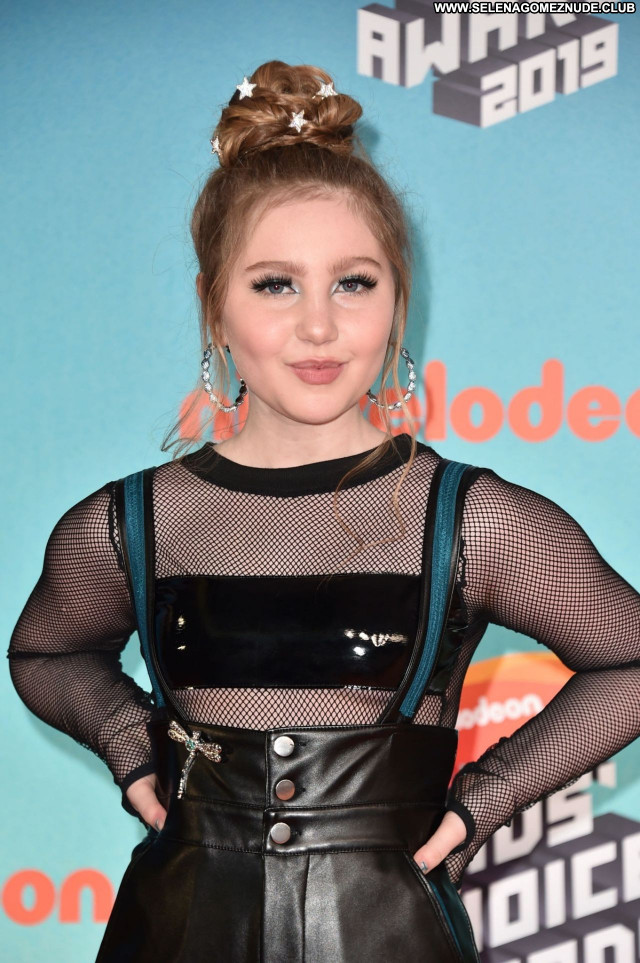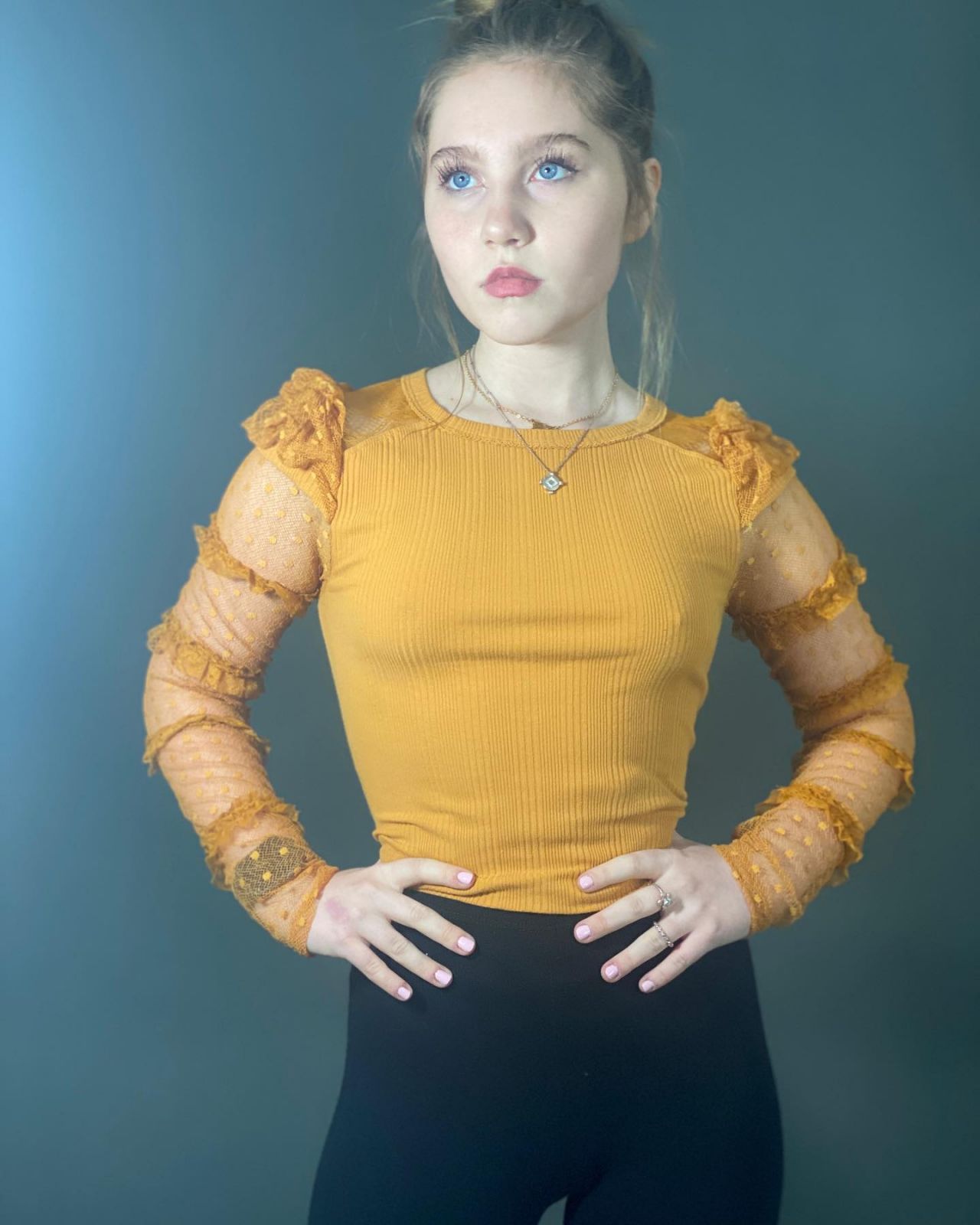Let's talk about something that’s been buzzing around the internet, and no, this isn’t clickbait. We’re diving into the controversial world of "Ella Anderson Nude." Now, before you scroll away thinking this is just another sensational article, hear me out. This isn’t about exploiting anyone; it’s about understanding the context, separating facts from fiction, and exploring the broader implications of such topics. So, buckle up because we’re going on an informative ride.
When we hear the phrase "Ella Anderson Nude," it’s easy to jump to conclusions, especially in today’s digital age where misinformation spreads faster than wildfire. But here’s the deal—this topic is more complex than it seems. It’s not just about one person or one incident; it’s about the larger conversation around privacy, consent, and how society deals with sensitive issues in the public eye.
So, why are we talking about this? Well, the truth is, if you’ve stumbled upon this article, chances are you’re curious, and that’s okay. Curiosity is human. But instead of leaving you with half-truths or misleading information, we’re going to break it down for you in a way that respects everyone involved. Let’s get started.
Read also:Sarahmariee Onlyfans Leaks The Untold Story You Need To Know
Understanding the Context Behind "Ella Anderson Nude"
First things first, let’s set the record straight. The phrase "Ella Anderson Nude" has been circulating online, often linked to rumors, fake news, and sometimes even malicious intent. But who is Ella Anderson, and why is her name tied to this sensitive topic? To answer that, we need to dive into her background and what led to this situation.
Now, let’s clear the air—Ella Anderson is not a public figure, and there’s no verified information suggesting she willingly participated in anything related to nudity. In fact, most of the content floating around online is either fabricated or taken out of context. This highlights a crucial issue in today’s digital landscape: the ease with which personal information can be misused.
Who Is Ella Anderson?
Before we go any further, let’s talk about Ella Anderson herself. While there’s limited verified information about her, what we do know is that she’s an individual whose privacy has been invaded in one way or another. This brings us to an important question: How does someone become a target for such rumors?
Here’s the thing—Ella Anderson’s case isn’t unique. Many individuals, especially women, have faced similar situations where their personal lives are thrust into the public eye without their consent. It’s a harsh reality that needs addressing, and that’s exactly what we’re doing here.
Exploring the Bigger Picture: Privacy in the Digital Age
Now that we’ve established the context, let’s zoom out and look at the bigger picture. In the age of social media and instant connectivity, privacy has become a luxury rather than a right. Platforms like Instagram, Twitter, and TikTok have made it easier than ever for people to share their lives, but they’ve also opened the door to misuse and exploitation.
Take a moment to think about this—how often do we see viral posts or trending hashtags that invade someone’s privacy? It happens all the time, and most of us don’t even realize the impact it has on the individuals involved. This is where the conversation around "Ella Anderson Nude" becomes more than just a story; it becomes a call to action for all of us to be more mindful online.
Read also:Bambidoe Onlyfans Leaked The Truth Behind The Viral Sensation
Why Does Privacy Matter?
Privacy isn’t just about keeping certain aspects of your life private; it’s about respecting boundaries and understanding the consequences of our actions. When we share something online, whether it’s a photo, a video, or even a comment, we’re contributing to a digital footprint that can last forever.
For Ella Anderson and others like her, this means dealing with the aftermath of something they didn’t consent to. It’s not just about the immediate impact; it’s about the long-term effects on their mental health, relationships, and overall well-being. This is why it’s crucial to approach such topics with sensitivity and empathy.
The Role of Consent in the Digital World
Consent is a word that’s thrown around a lot, but what does it really mean in the context of the internet? Simply put, consent is about giving someone the power to decide what happens with their personal information. It’s about respecting their choices and ensuring they have control over their own narrative.
When it comes to "Ella Anderson Nude," the lack of consent is glaringly obvious. Someone, somewhere, decided to share content involving her without her permission, and that’s a violation of her rights. It’s not just unethical; it’s illegal in many cases. This brings us to an important point—how can we, as individuals, contribute to a safer digital space?
What Can You Do?
Here’s a quick list of actions you can take to promote consent and respect online:
- Think twice before sharing anything that involves someone else’s personal information.
- Report content that violates privacy or consent on social media platforms.
- Engage in conversations about digital ethics and spread awareness.
- Support organizations working to protect individuals’ rights online.
These small actions can make a big difference in creating a more respectful and inclusive digital environment.
The Impact on Mental Health
Let’s talk about something that often gets overlooked in these discussions—the mental health impact on individuals like Ella Anderson. Being thrust into the public eye without consent can lead to severe emotional distress, anxiety, and depression. It’s not just about dealing with the immediate fallout; it’s about living with the fear that it could happen again.
Studies have shown that victims of online privacy violations often experience long-term psychological effects. They may struggle with trust issues, self-esteem, and even PTSD. This is why it’s crucial to approach such topics with empathy and understanding. We need to shift the focus from sensationalism to support.
How Can We Support Victims?
Supporting victims of privacy violations starts with listening to their stories and believing them. Here are a few ways you can make a difference:
- Offer emotional support by being a compassionate listener.
- Encourage them to seek professional help if needed.
- Advocate for stronger laws and policies to protect individuals’ rights online.
By standing in solidarity with those affected, we can create a safer and more supportive community.
Legal Implications and Your Rights
Now let’s talk about the legal side of things. Did you know that sharing someone’s private content without their consent is often illegal? In many countries, there are laws in place to protect individuals’ privacy and punish those who violate it. These laws vary from place to place, but the underlying principle remains the same—consent is key.
For example, in the United States, the concept of "revenge porn" is addressed through various state laws. These laws aim to hold accountable those who distribute intimate images without consent. Similarly, in the UK, the Criminal Justice and Courts Act 2015 makes it an offense to share private sexual photographs or films without the consent of the individuals depicted.
What Are Your Rights?
Knowing your rights is the first step in protecting yourself online. Here’s a quick rundown:
- You have the right to control how your personal information is shared.
- You can report violations to law enforcement or relevant authorities.
- You can seek legal action against those who violate your privacy.
Empowering yourself with knowledge is the best defense against digital invasions of privacy.
The Role of Social Media Platforms
Social media platforms play a significant role in shaping the digital landscape. While they provide a space for connection and expression, they also bear responsibility for ensuring user safety. Platforms like Facebook, Instagram, and Twitter have policies in place to address privacy violations, but enforcement can sometimes fall short.
For example, Instagram’s Community Guidelines explicitly prohibit the sharing of intimate images without consent. However, users often report that it takes too long for such content to be removed, leaving victims vulnerable in the meantime. This highlights the need for platforms to improve their response times and accountability measures.
What Are Platforms Doing?
Here’s a look at some of the steps social media platforms are taking to address privacy concerns:
- Implementing AI tools to detect and remove illegal content.
- Partnering with organizations to raise awareness about digital safety.
- Providing resources for users to report violations and seek help.
While progress is being made, there’s still a long way to go in creating a truly safe digital environment.
The Power of Community
Finally, let’s talk about the power of community. Change doesn’t happen overnight, but when we come together to support each other, we can make a difference. Whether it’s through raising awareness, advocating for policy changes, or simply being kinder online, every action counts.
Remember, the internet is a reflection of our collective behavior. If we want it to be a safer space, we need to take responsibility for our actions and hold each other accountable. It’s not just about protecting individuals like Ella Anderson; it’s about creating a world where everyone feels safe and respected.
How Can You Get Involved?
Here are a few ways you can contribute to a positive change:
- Join online communities focused on digital safety and privacy.
- Share resources and information to educate others.
- Support campaigns and initiatives aimed at protecting individuals’ rights online.
Together, we can create a digital world that values consent, privacy, and respect.
Conclusion
So, there you have it—a deep dive into the topic of "Ella Anderson Nude" and the broader implications it holds. While the phrase itself may have sparked curiosity, the conversation it inspires is far more important. It’s about understanding the context, respecting privacy, and advocating for change.
As we wrap up, I want to leave you with this thought: Every time you interact online, you have the power to make a difference. Whether it’s by promoting consent, supporting victims, or simply being mindful of your actions, you’re contributing to a safer digital space. So, let’s use that power wisely.
And hey, if you’ve found this article helpful, don’t forget to share it with others. Together, we can spread awareness and create a more respectful online community. Let’s keep the conversation going!


